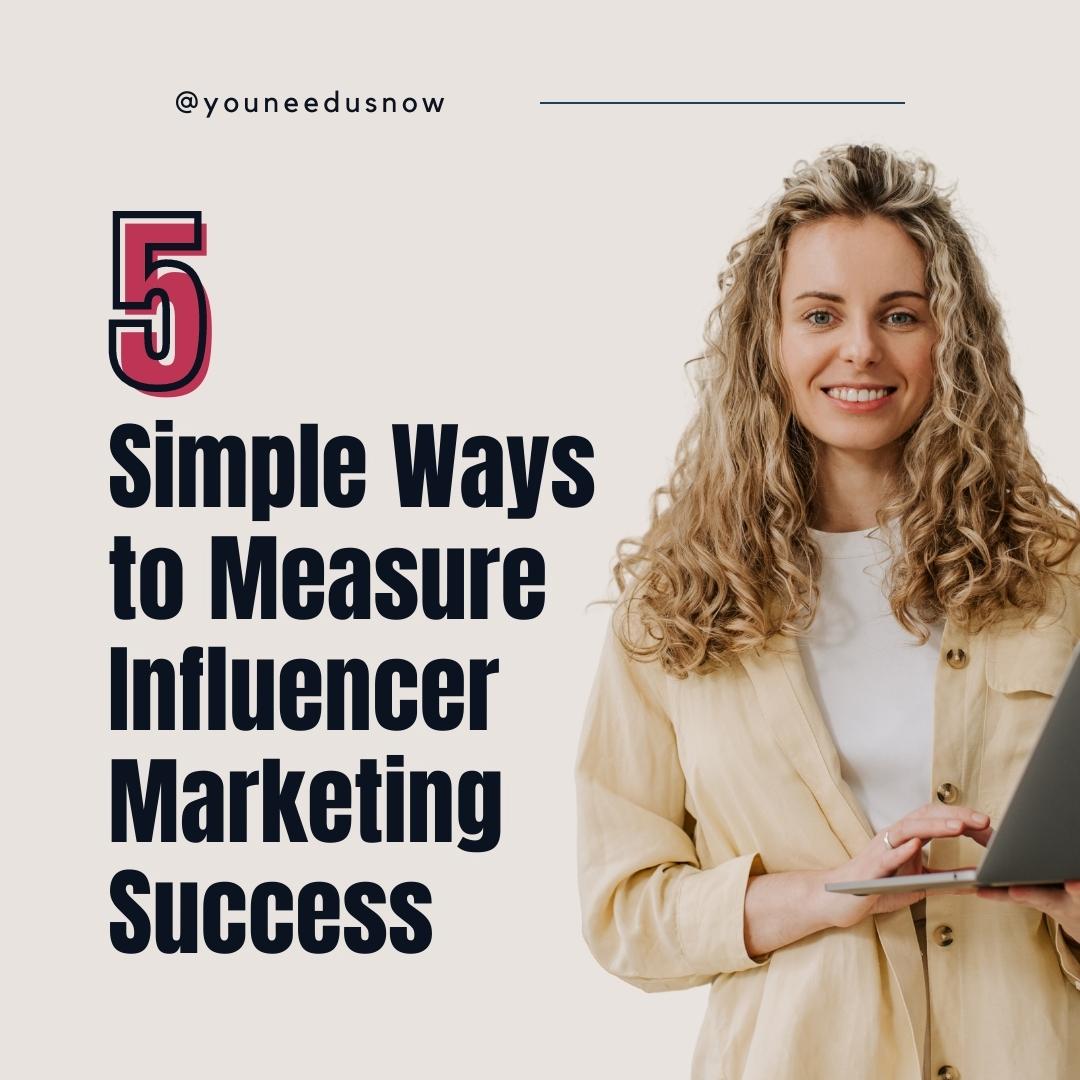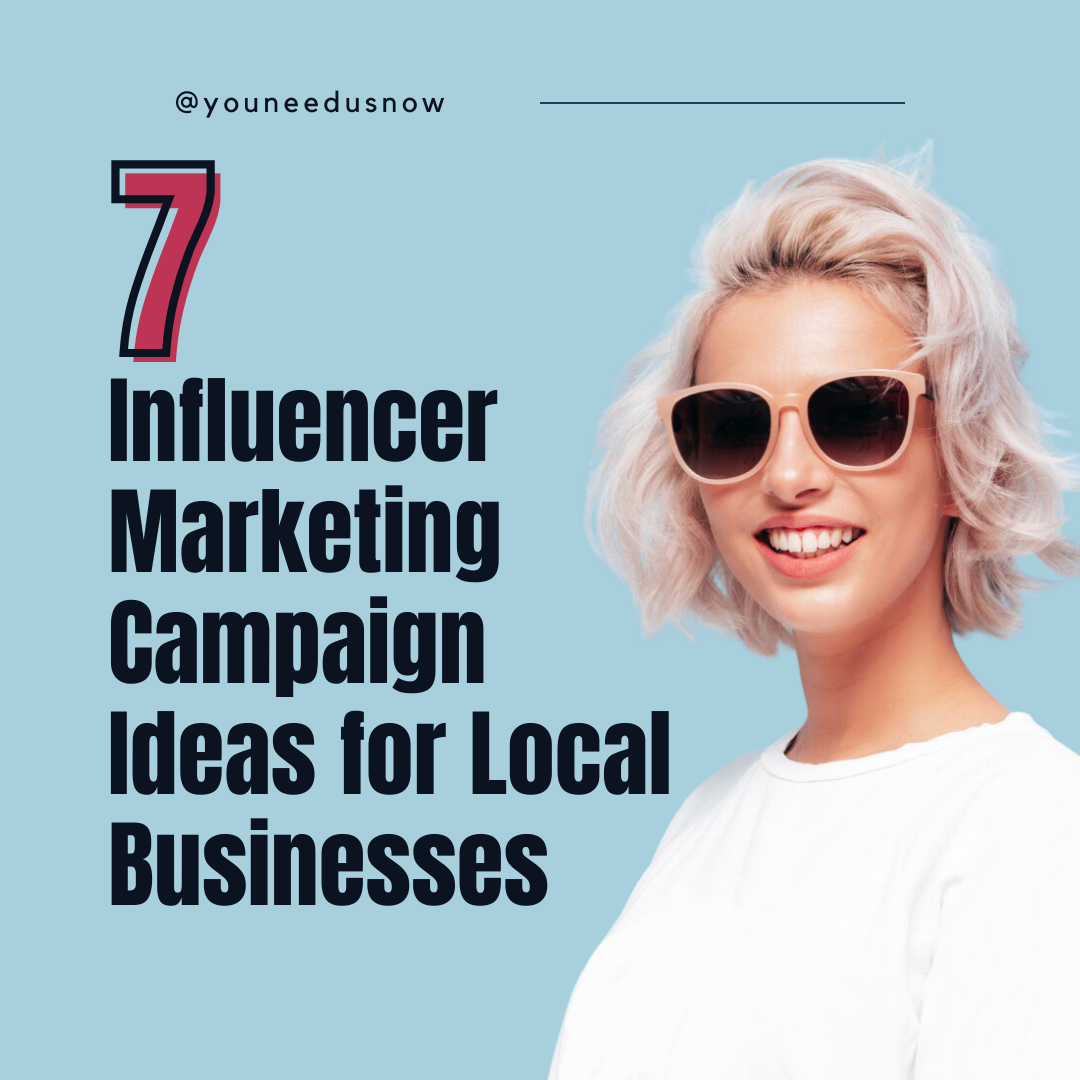Using Word-of-Mouth Marketing to Grow Your Business
Some businesses appear to have grown effortlessly. However, one of their key strategies is often word-of-mouth marketing. You may have recommended a restaurant to a friend or emailed a new hire about your favorite SaaS tools. These conversations are what make word-of-mouth marketing a powerful opportunity for your business.
Since word-of-mouth seems to happen naturally, it can be confusing to understand. In this article, we’ll explore word-of-mouth and the top word-of-mouth marketing methods for your business. Let’s begin.
What is Word-of-Mouth Marketing?
Word-of-mouth marketing (WOMM) is a form of marketing that relies on customers organically sharing information about a brand with their friends and family.
The Benefits of Word-of-Mouth Marketing for Your Business
Word-of-mouth marketing is highly valued by both businesses and customers, as 92% of consumers trust the opinions and experiences of those they know over any form of advertising. Surveys have found that 42% of consumers learn about Black-owned businesses through word of mouth, 55% learn about products through word of mouth, and 40% make purchases based on those recommendations. However, only 7% of marketers believe that word-of-mouth marketing impacts buying decisions.
Types of Word of Mouth Marketing (WOMM)
Word-of-mouth marketing (WOMM) is an increasingly popular form of marketing for businesses, with various formats available to connect with consumers online. Below, we will explore the top options suitable for most companies.
Publicity (PR)
This form of word-of-mouth marketing is all about public visibility and awareness. It involves efforts to garner attention from the media, as well as managing brand awareness and reputation. Additionally, it can be used to tackle any crisis situations that may arise.
Buzz Marketing
This type of word-of-mouth marketing helps to create buzz and awareness about a particular campaign or product. Buzz marketing aims to spark conversations in both digital and in-person social circles. The discussions should be passionate and engaging, as they will help increase the campaign’s reach. Viral marketing is similar to buzz marketing in that it relies on word-of-mouth. But unlike buzz marketing, it should accumulate over time. It can also gain traction due to an adverse reaction to content or messaging.
Viral Marketing
Viral marketing is a technique that encourages word-of-mouth marketing. It relies on a select audience to gradually spread awareness of a product or brand. This type of marketing is typically successful when it reaches a broad public audience beyond the original target group.
Viral marketing is similar to buzz marketing in that it relies on word-of-mouth. But unlike buzz marketing, it should accumulate over time. It can also gain traction due to a negative reaction to content or messaging.
Blogging
Blogging is a form of self-publishing that businesses can use to reach out to their customers. Through blogging, brands can create content such as articles, videos, or other media to connect with their audiences on a deep level. It is a great way to build customer loyalty and trust. Also, blogging can help businesses better understand their customers’ habits, lifestyles, and beliefs. It can be used to create conversations, spark interest, and provide valuable information.
Emotional Marketing
Emotional marketing uses specific emotions to influence consumers. It is usually image-based and designed with current events or news in mind.
This type of word-of-mouth marketing seeks to create an emotional connection between the brand and the customer. It also encourages customers to share their feelings and experiences with others. This type of marketing can be a powerful tool to help brands reach their target audience.
Referral Marketing
Referral marketing is word-of-mouth marketing that encourages customers to promote a brand or product. This is typically done by offering incentives in exchange for referrals. This type of marketing enables referrers to share their opinions on any channel where they can reach potential customers.
This type of word-of-mouth marketing can be an effective way for businesses to reach their target audience. It lets them leverage the power of their customers to spread the word about their products or services. Additionally, it is a great way to build customer trust and loyalty.
Social Media Marketing
Social media marketing is an effective way to reach a broad audience. It can help foster trust and loyalty with customers and boost brand visibility and recognition. This type of word-of-mouth marketing can also be used to amplify other forms of word-of-mouth marketing, such as blogging, emotional marketing, buzz marketing, and referral marketing.
Creating content that resonates with your target audience is essential for success with social media marketing. It is important to remember that different platforms have different audiences and types of content. For instance, Instagram is great for visuals, while Twitter is better suited for short messages and conversations.
Moreover, it is crucial to be mindful of the language you use. It should be friendly and conversational, as this will create a more engaging experience for your customers.
Conclusion
In conclusion, word-of-mouth marketing is a powerful tool to help businesses reach their target audience and increase brand visibility. There are various methods available, such as blogging, emotional marketing, buzz marketing, and referral marketing, which can be leveraged to benefit from the power of word-of-mouth. Additionally, social media can amplify these methods and reach a broader audience. By understanding the different types of word-of-mouth marketing and their advantages, businesses can develop an effective strategy to reach a wider audience and foster brand recognition that leads to sales.




